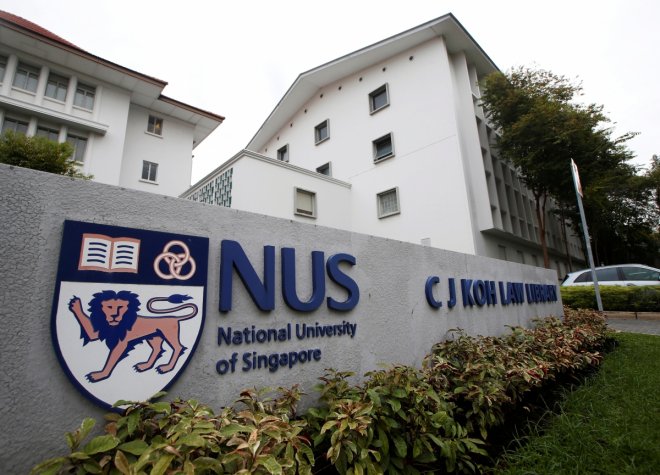
The National University of Singapore is giving back to the senior citizens living in Singapore with the launch of the Healthy Ageing Promotion Programme For You (HAPPY) programme, a comprehensive and holistic multi-component intervention targeted at seniors aged 60 years old and above.
This followed a recently-concluded study of 1,051 adults in Bukit Panjang which revealed that 37 percent of the grey population in the area is on the edge of becoming frail.
Also read: Emotional video shows dementia patient becoming employee of the month in care home
The study also found out that whilst 91 percent of strong older adults were in were independent in their activities of daily living, only 72 per cent of pre-frail and 50 per cent of frail participants were still independent in bathing, showering, eating, transferring and walking.
The investigator of the study, Associate Professor Reshma Merchant, said the programme would help elderly persons maintain good physical and mental health, by preventing memory decline and delaying the onset of disability.
"Almost half of our older population is either frail or pre-frail and many of them are still independent in activities of daily living. We want them to maintain their functional ability and lead a good quality of life and hence the HAPPY programme," she said in a statement.
The programme is adapted from a multicomponent exercise programme designed by the National Center for Geriatrics and Gerontology (NCGG) in Nagoya, Japan to stimulate cognitive functions and prevent dementia. It is customised to feature dual-task exercises and cognitive tasks with varying complexity.
"Whilst we are evaluating the effectiveness of the
programme, we are also training senior volunteers to lead senior participants in executing the dual-task exercise, and share tips on healthy ageing and nutrition," Merchant said.
She cited that more than 50 seniors have already benefitted from the programme so far, and she expects more than 1,000 seniors more to take part in the programme in the next two years.
In order to assess the success of the HAPPY programme, she said the team has to measure the memory,
mobility, strength and functional ability of the participants before and after the exercises. They will also be monitoring take up and compliance rates, as well as behaviour change, motivation, goal-setting and self-empowerment.
"Our ultimate goal is for them to be HAPPY and age successfully," said Merchant.
To recall, frailty and dementia are two of the most concerning health concerns in the rapidly ageing Singapore.









